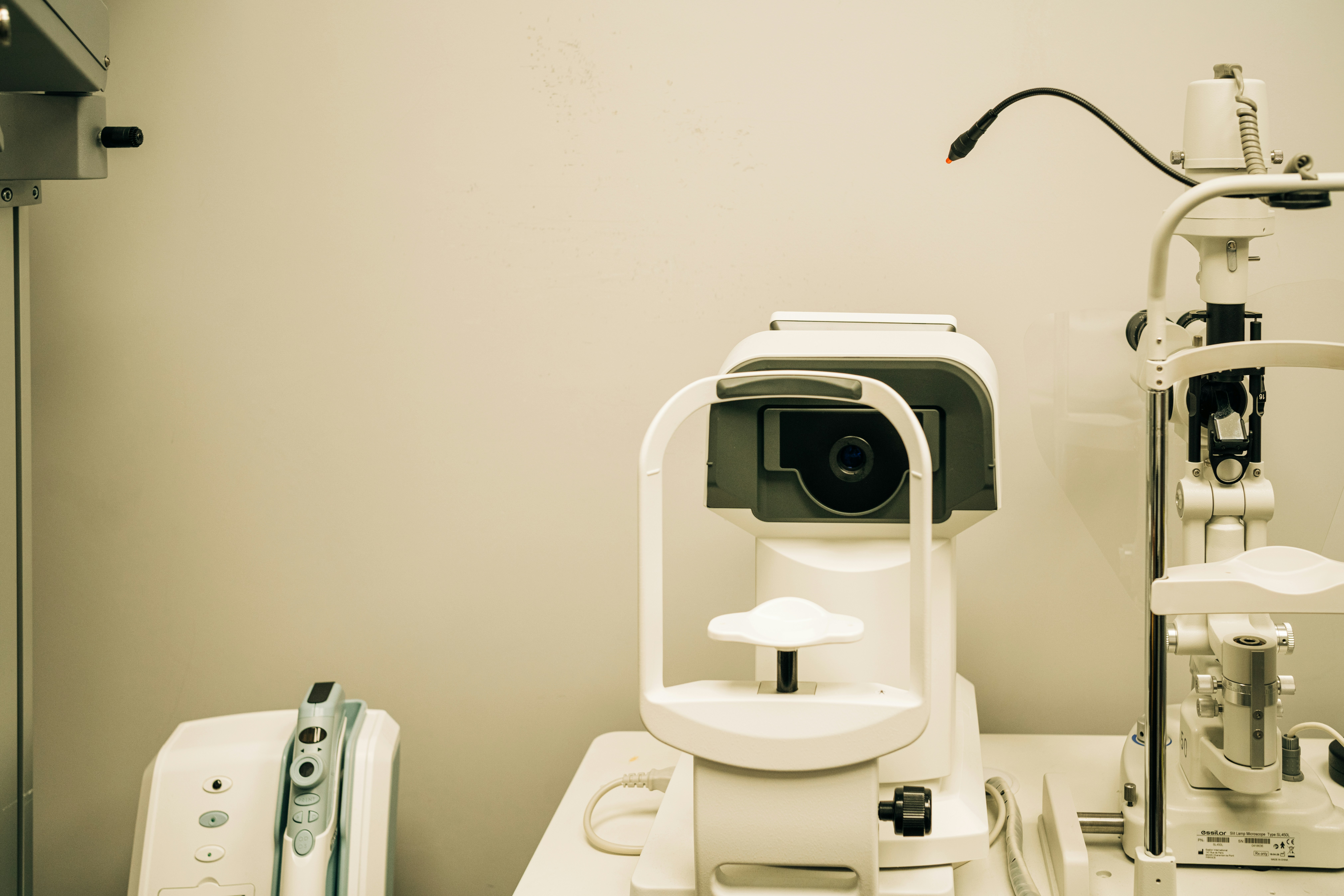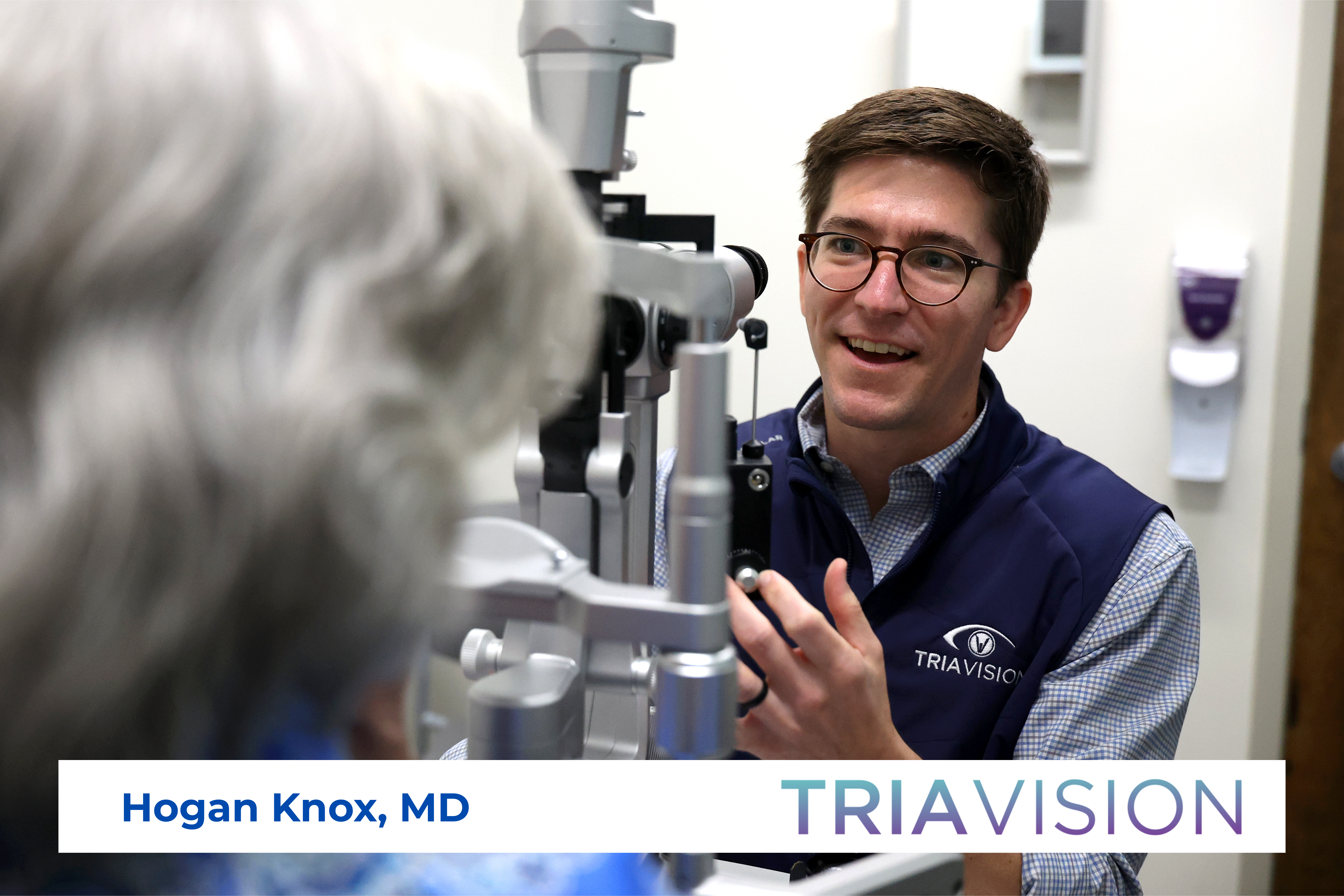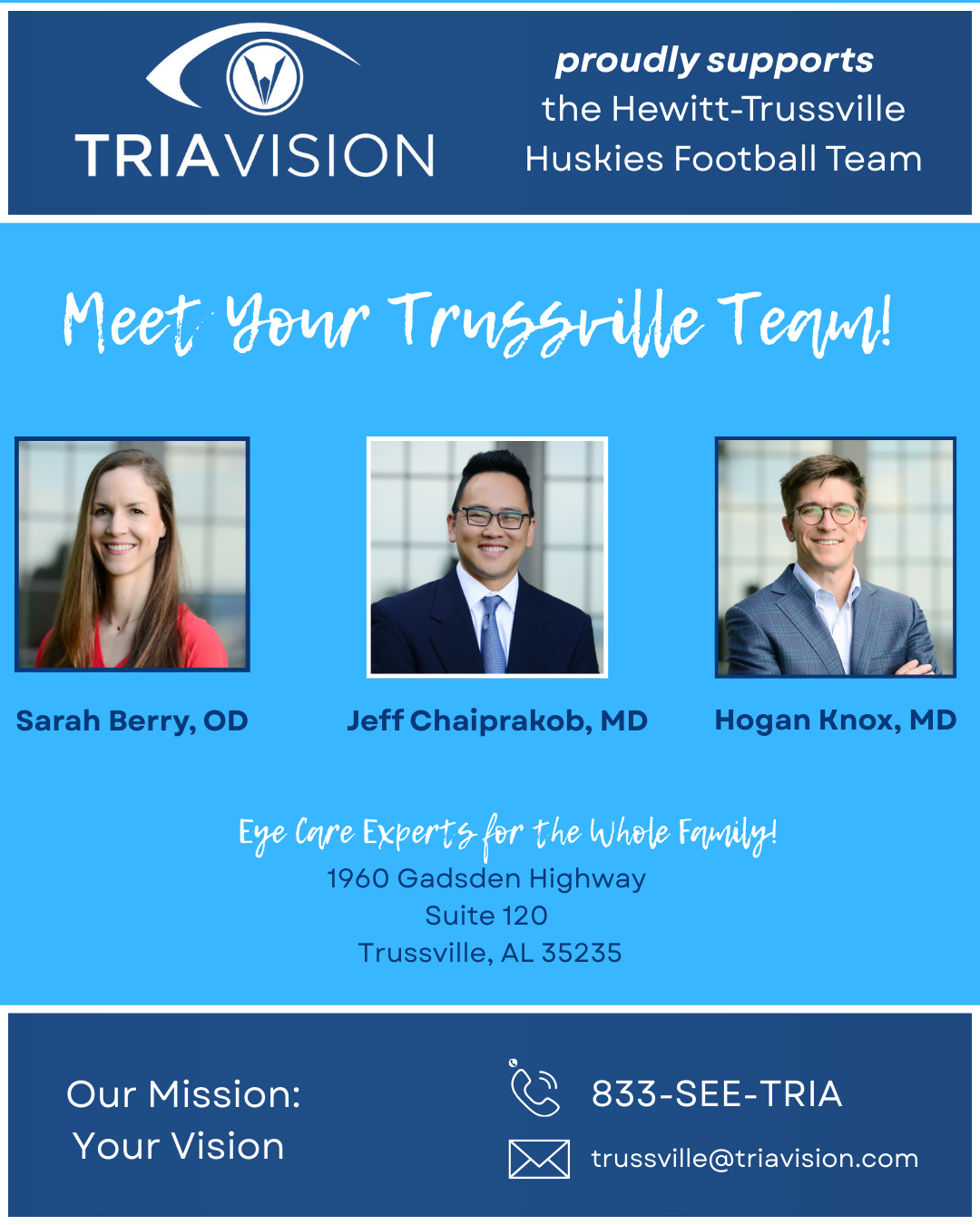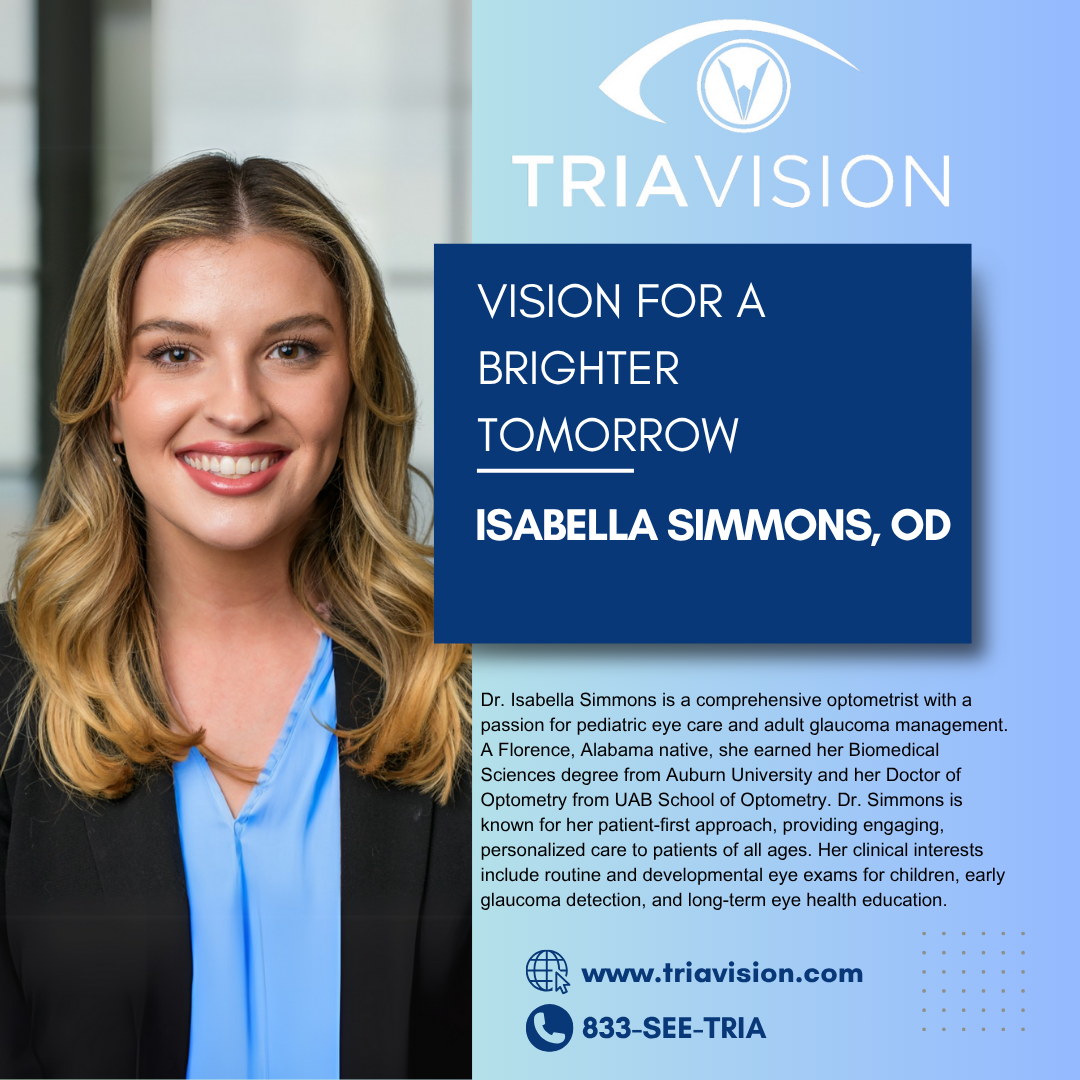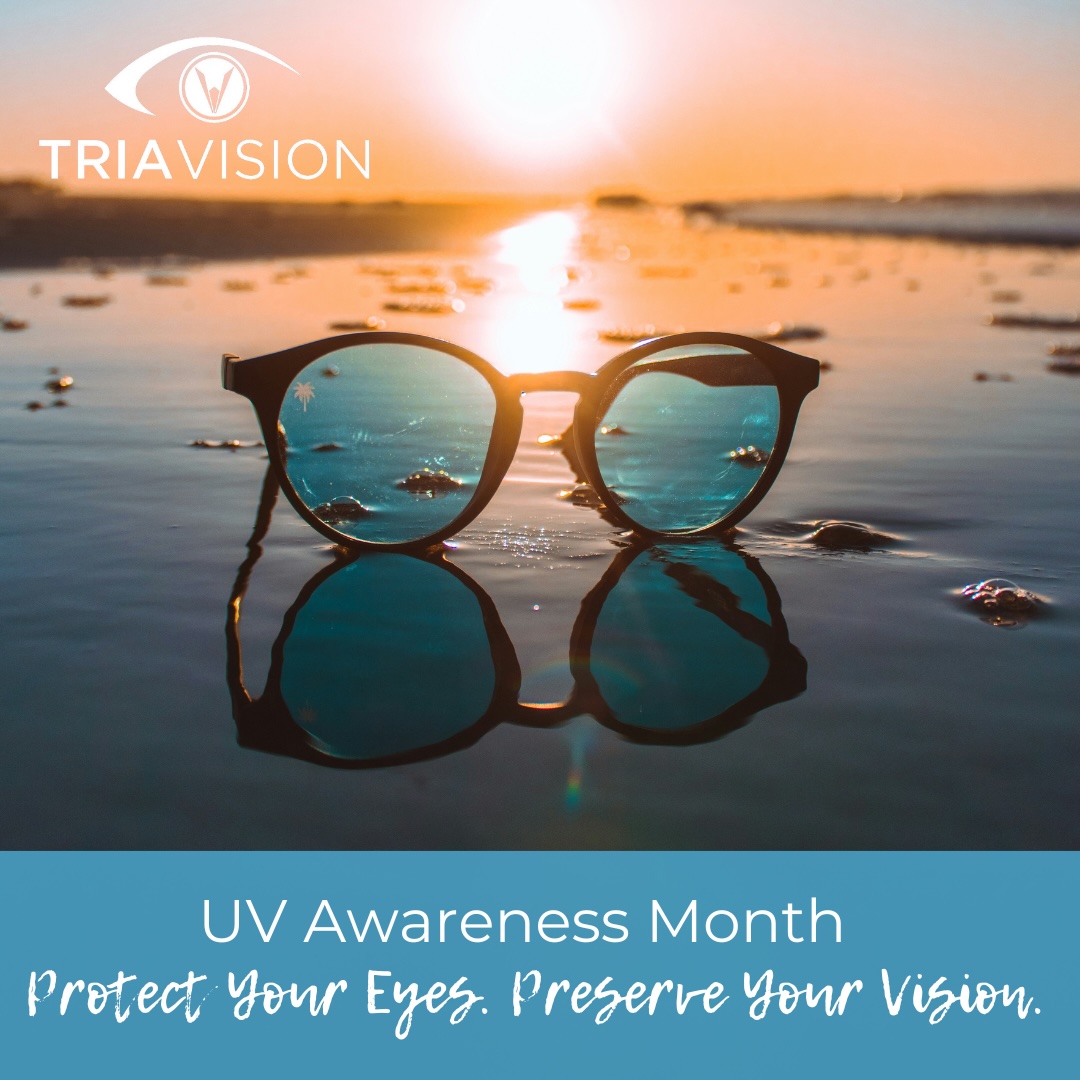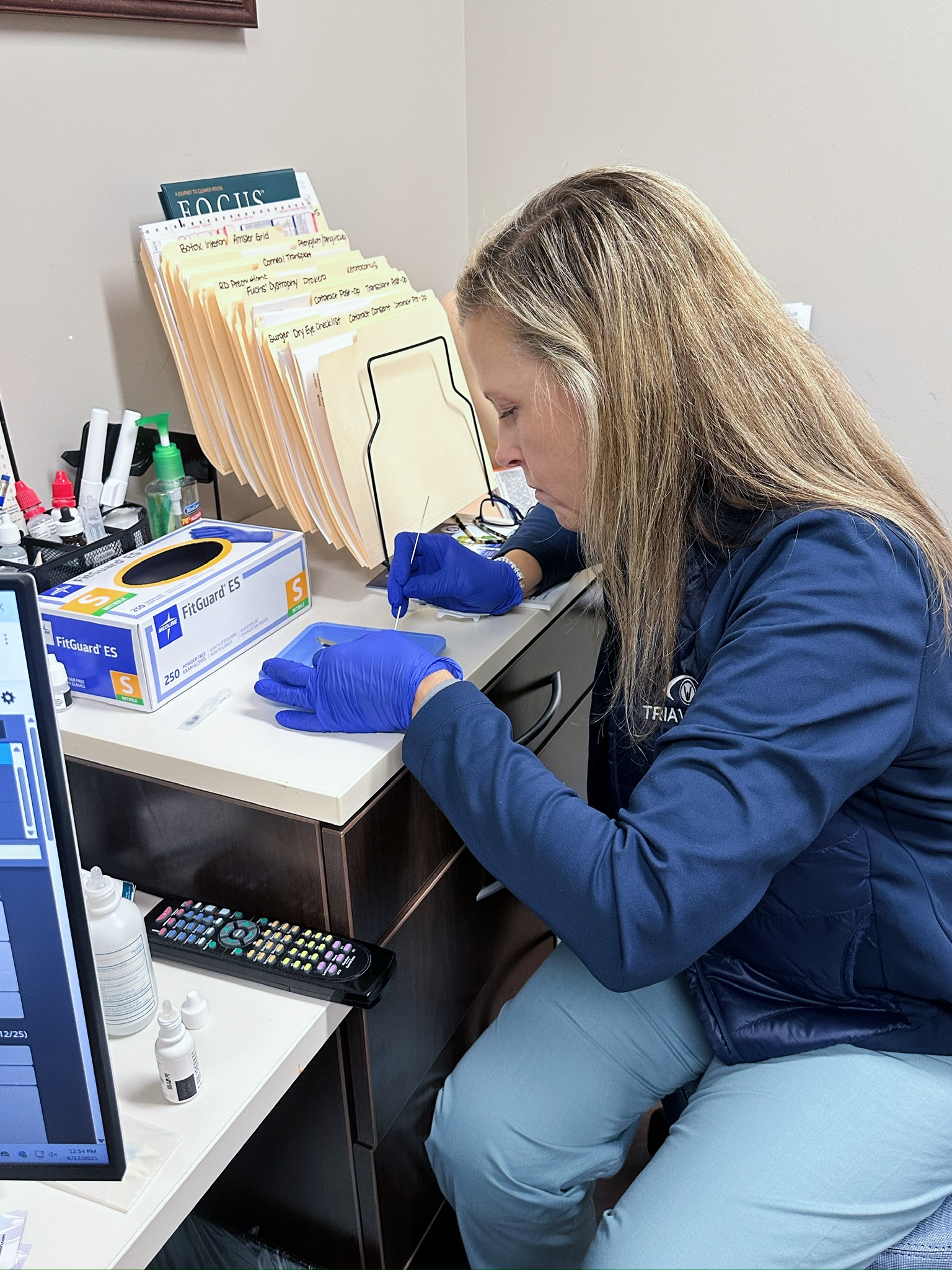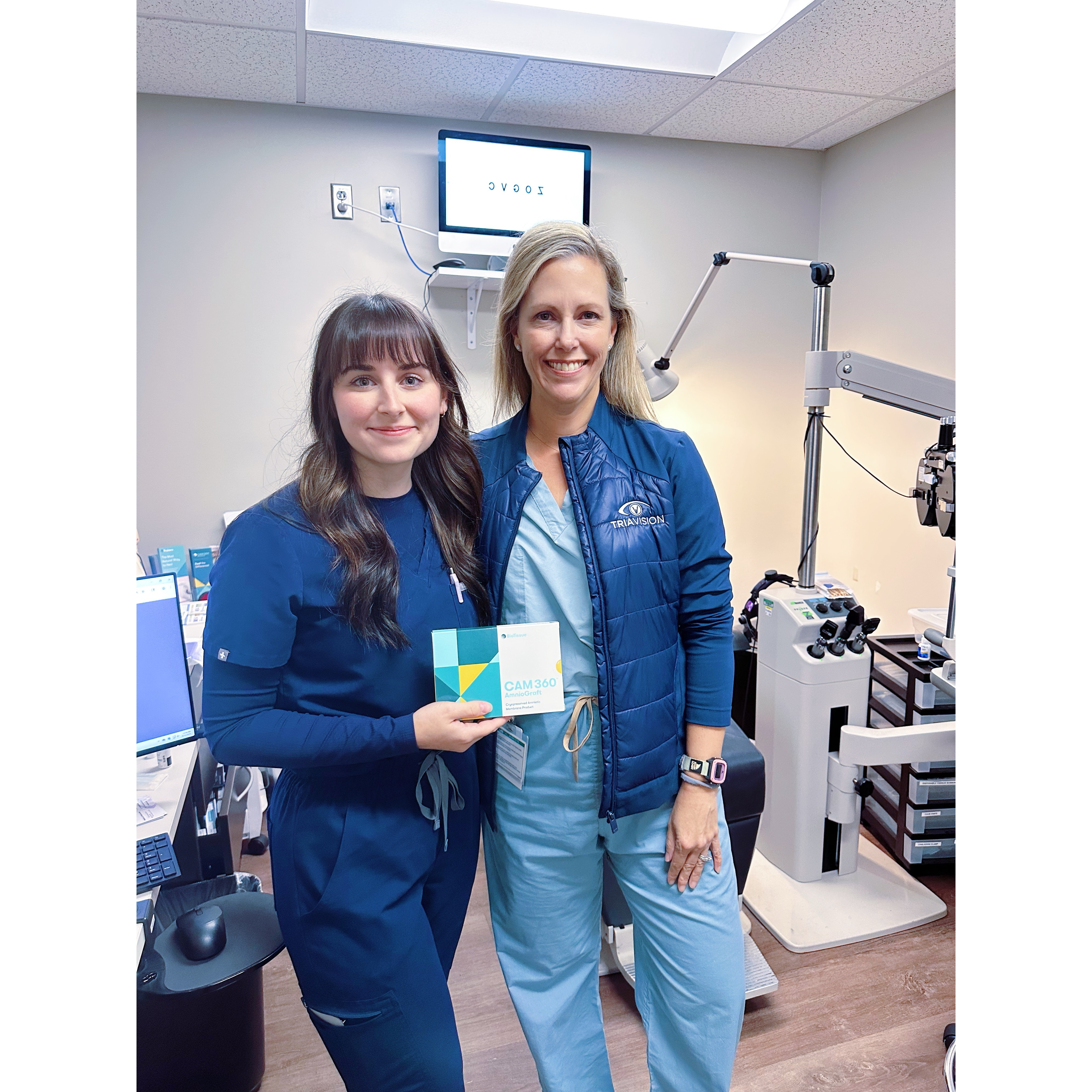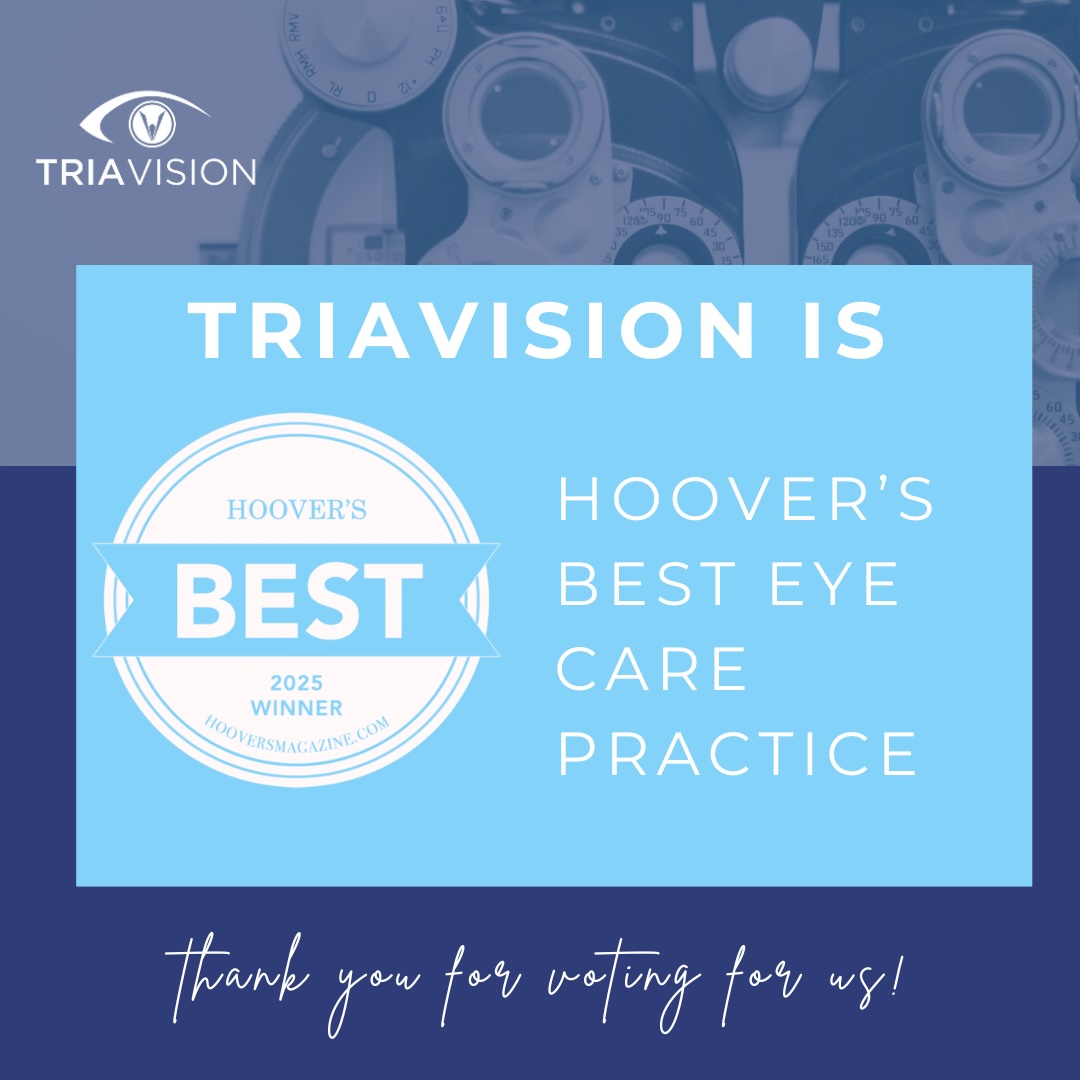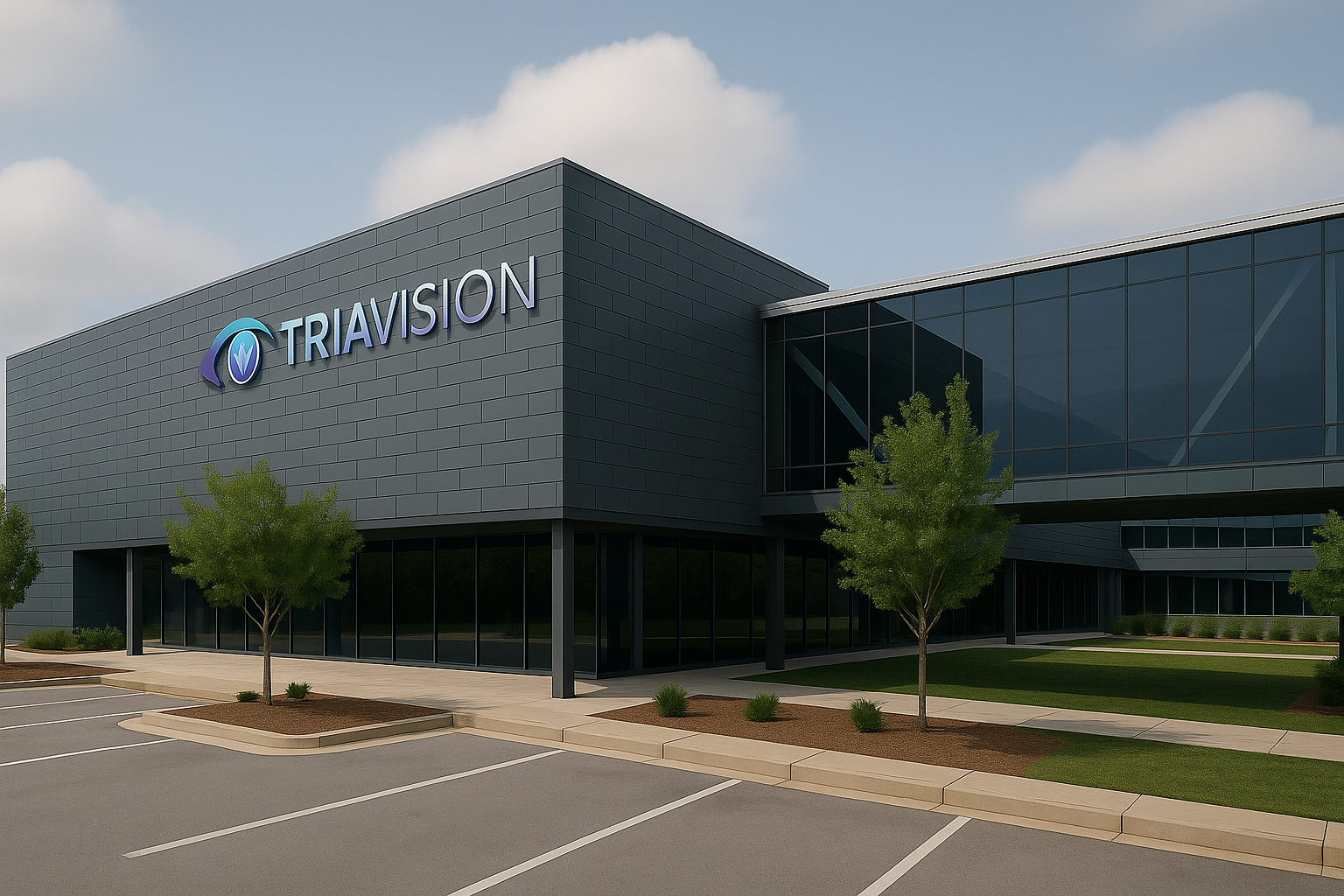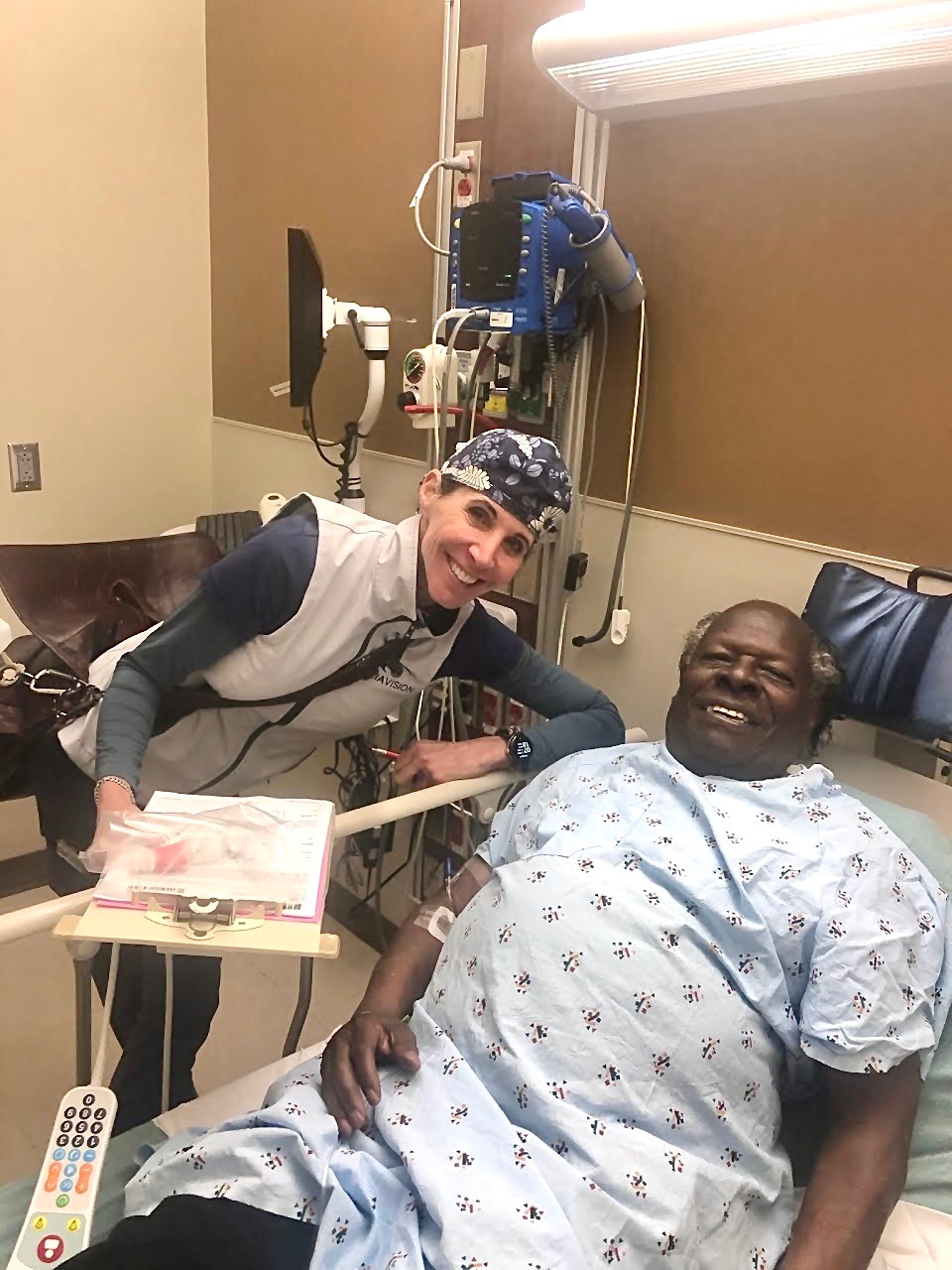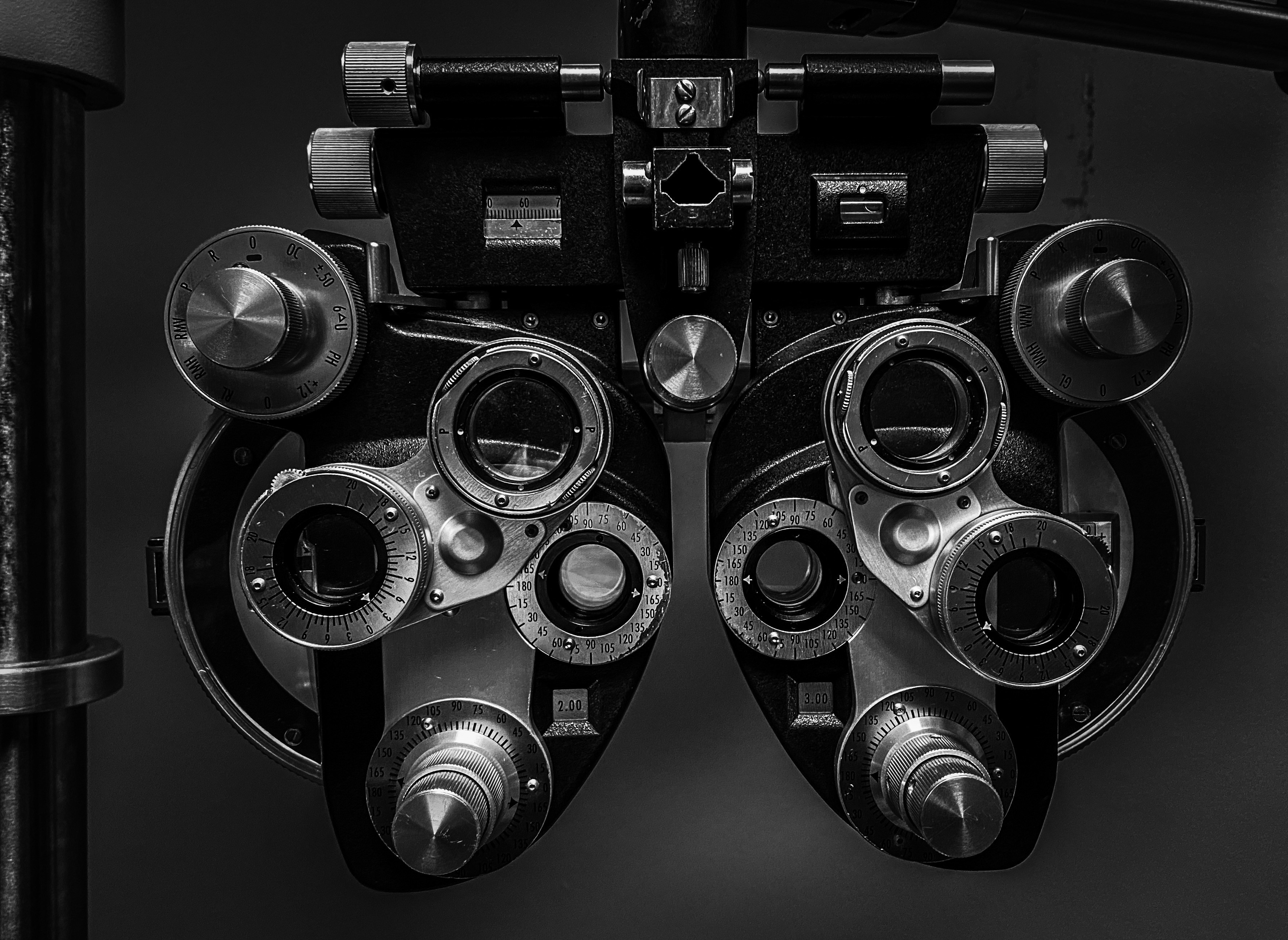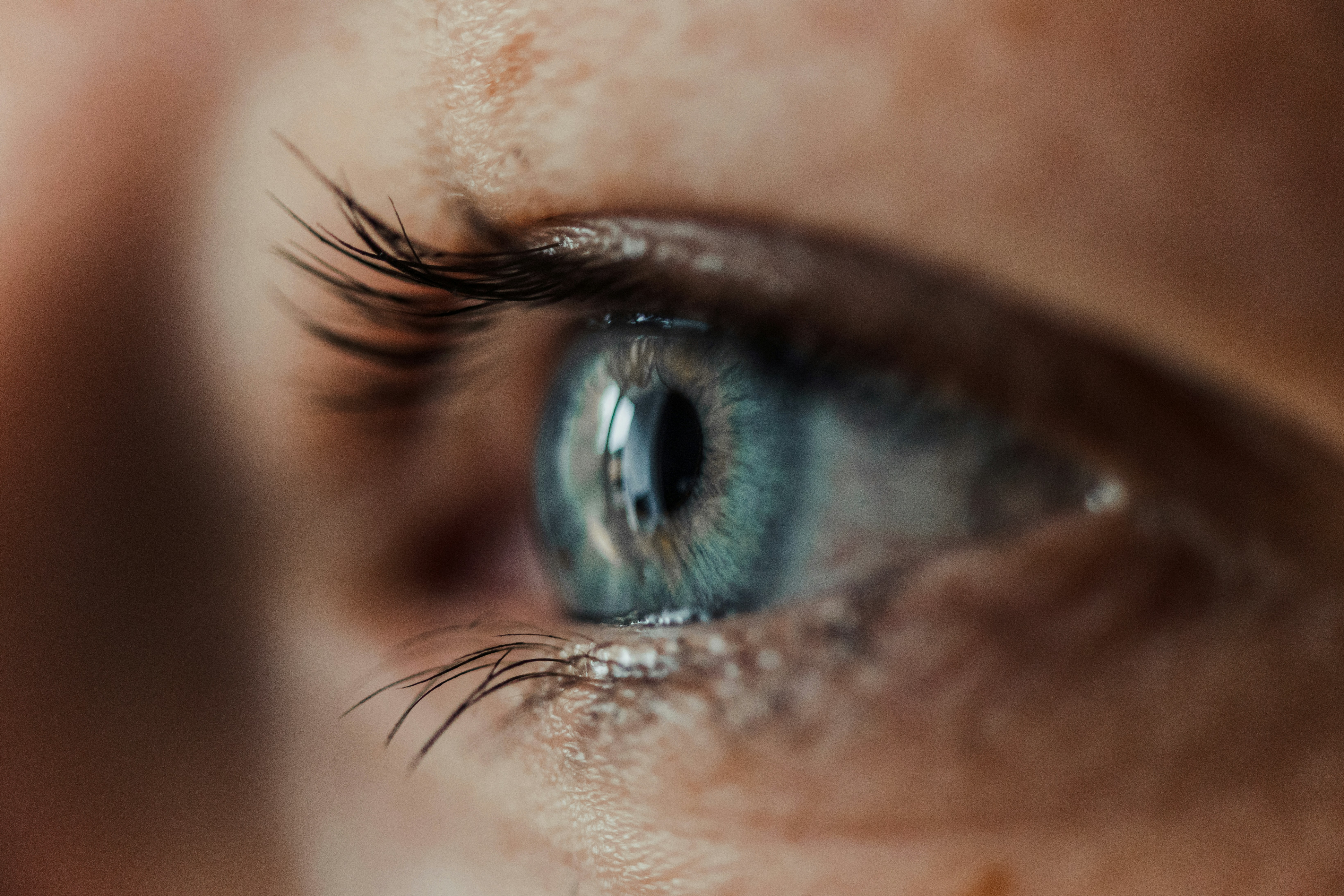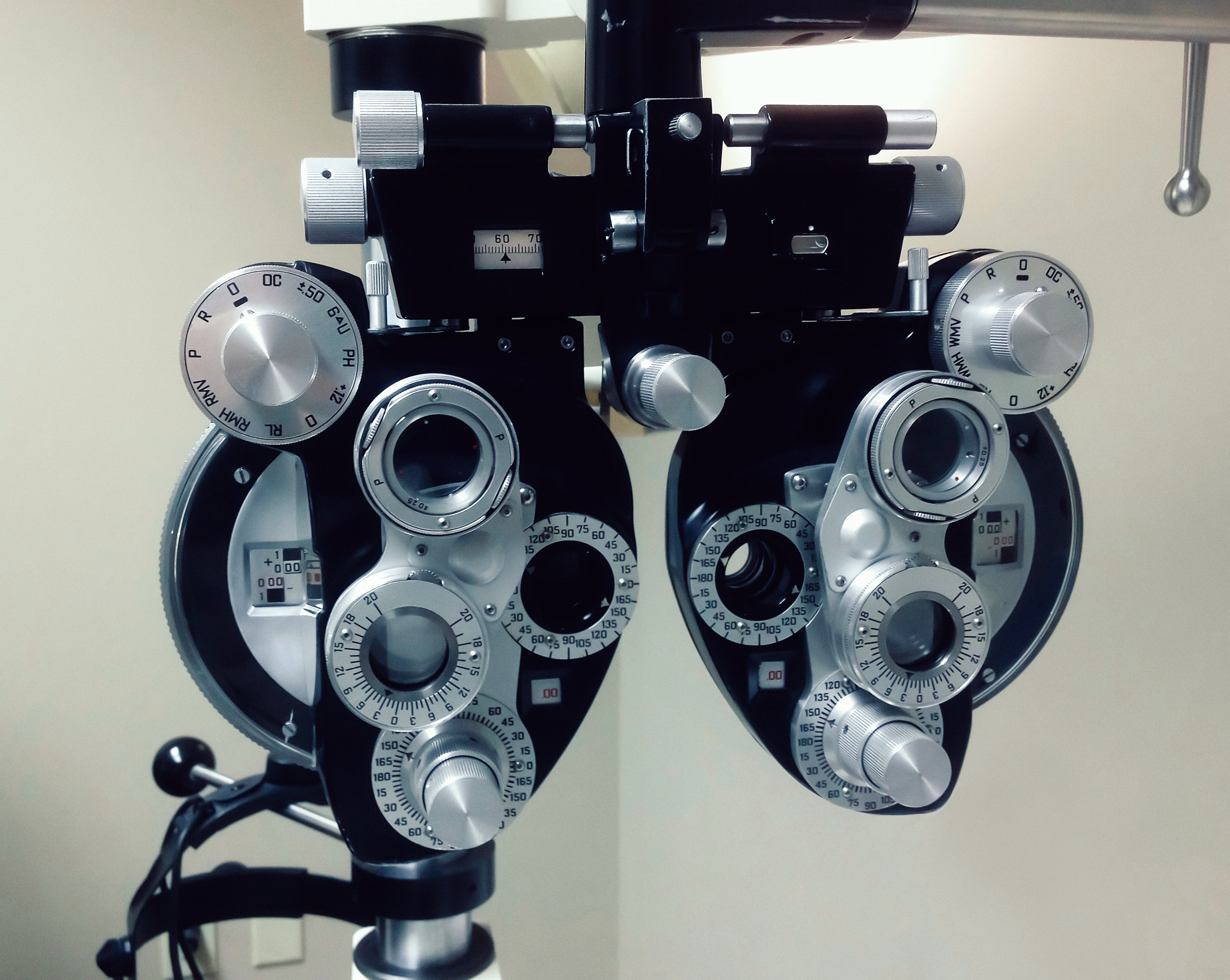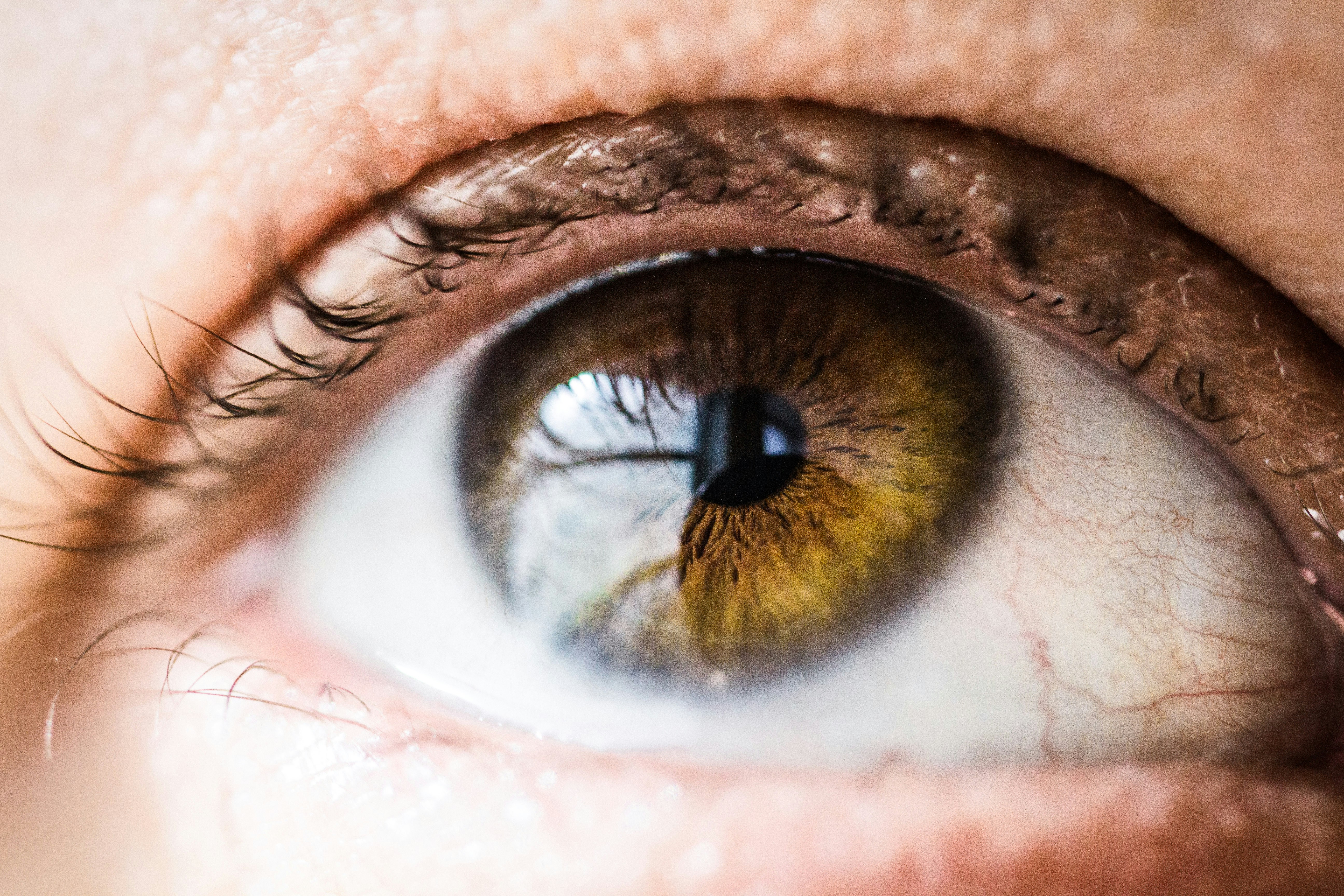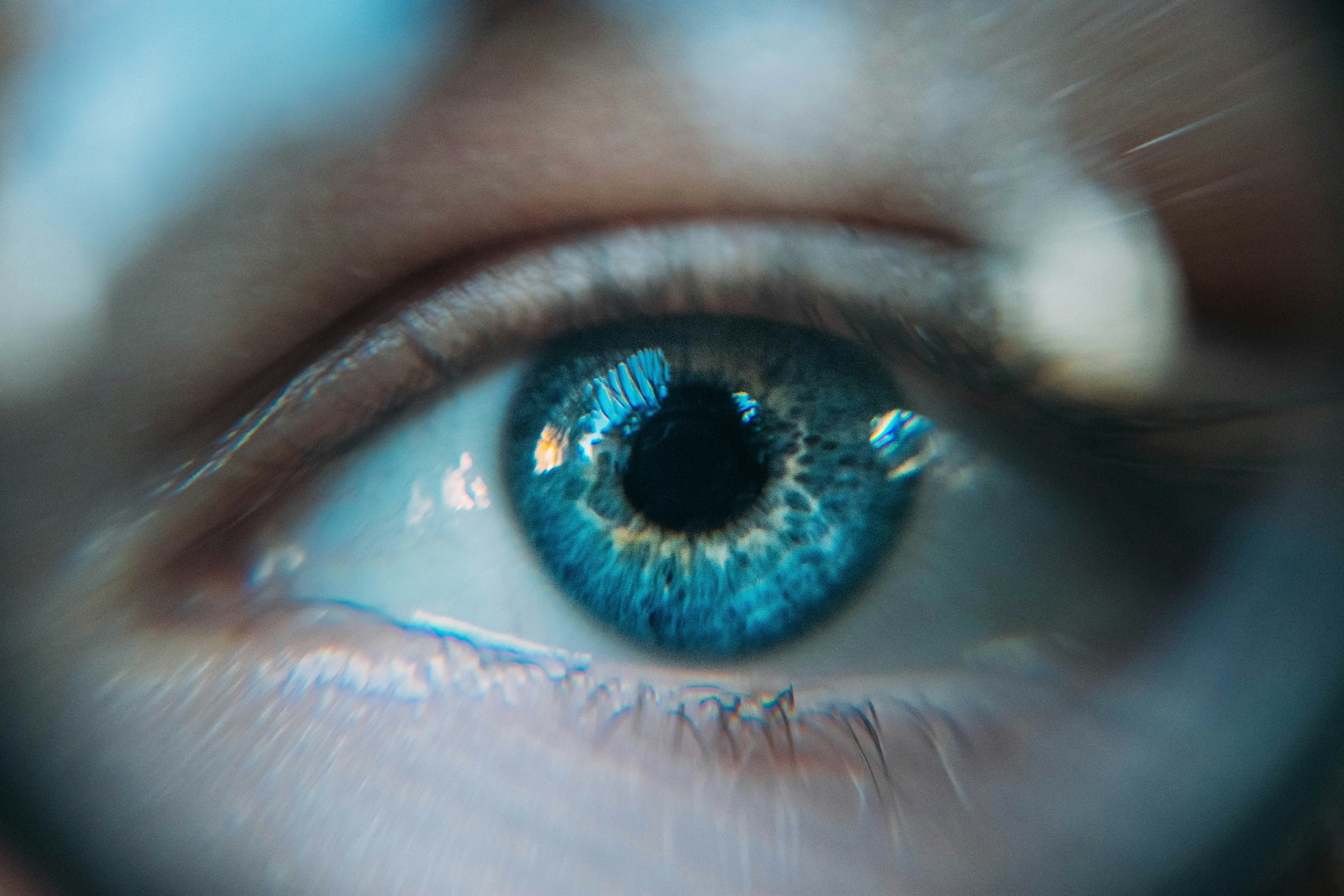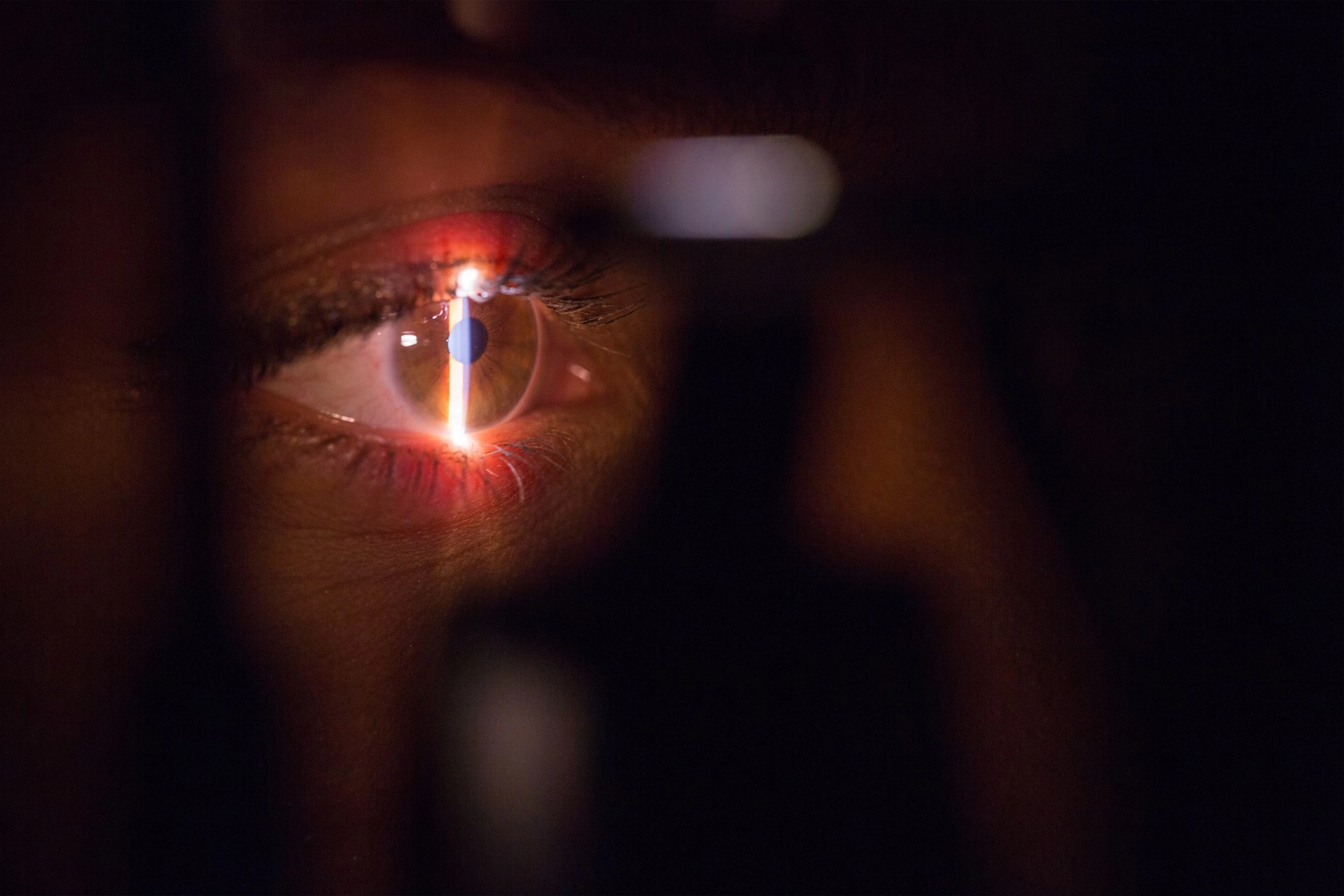
Understanding Cataracts - Causes, Symptoms, and Treatment
Cataracts are a natural part of aging and one of the most common causes of vision loss. While they typically develop later in life, factors like diabetes, eye injuries, or long-term medication use can lead to earlier onset. The good news? Cataracts are treatable, and early detection can help preserve clear vision.
What Are Cataracts?
A cataract is the clouding of the eye’s natural lens, which affects the way light enters the eye and impacts vision. Over time, this cloudiness can worsen, making daily activities like reading, driving, or recognizing faces more difficult.
Causes and Risk Factors
Aging is the primary cause of cataracts, but other factors can increase the risk of developing them at an earlier age, including:
• Diabetes – High blood sugar levels can lead to cataract formation.
• High blood pressure – Can contribute to changes in the eye’s lens.
• Smoking – Increases oxidative stress, which can speed up cataract development.
• Previous eye injury or surgery – Trauma to the eye can cause early cataract formation.
• Long-term steroid use – Extended use of corticosteroids can increase risk.
Recognizing Cataract Symptoms
Cataracts develop slowly, and many people may not notice the early signs. Here are some common symptoms:
• Blurry or cloudy vision – One of the earliest signs of cataracts.
• Increased glare and halos around lights – Common while driving at night.
• Frequent prescription changes – If your glasses or contacts need updating more often, cataracts may be the cause.
• Faded or yellowed colors – Colors may appear dull or washed out.
• Double vision in one eye – A lesser-known but possible symptom.
When to See an Eye Doctor
If you’re experiencing any of these symptoms, don’t wait to see an eye doctor. Cataracts are diagnosed through a comprehensive eye exam, where your doctor will assess your vision and the clarity of your eye’s lens.
Cataract Treatment Options
While early cataracts may not require immediate treatment, advanced cataracts that interfere with daily activities can be removed with surgery. Cataract surgery is a quick, safe procedure where the cloudy lens is replaced with a clear artificial lens, restoring vision almost immediately. Many patients experience life-changing improvements in their sight after surgery.
Take Control of Your Eye Health
Cataracts don’t have to diminish your quality of life. With regular eye exams and early intervention, you can maintain clear vision for years to come. If you’ve noticed changes in your eyesight or are due for an eye exam, schedule an appointment with TriaVision today. Our expert team is here to help you see the world more clearly.
Call us today at 833-SEE-TRIA to book your appointment!

